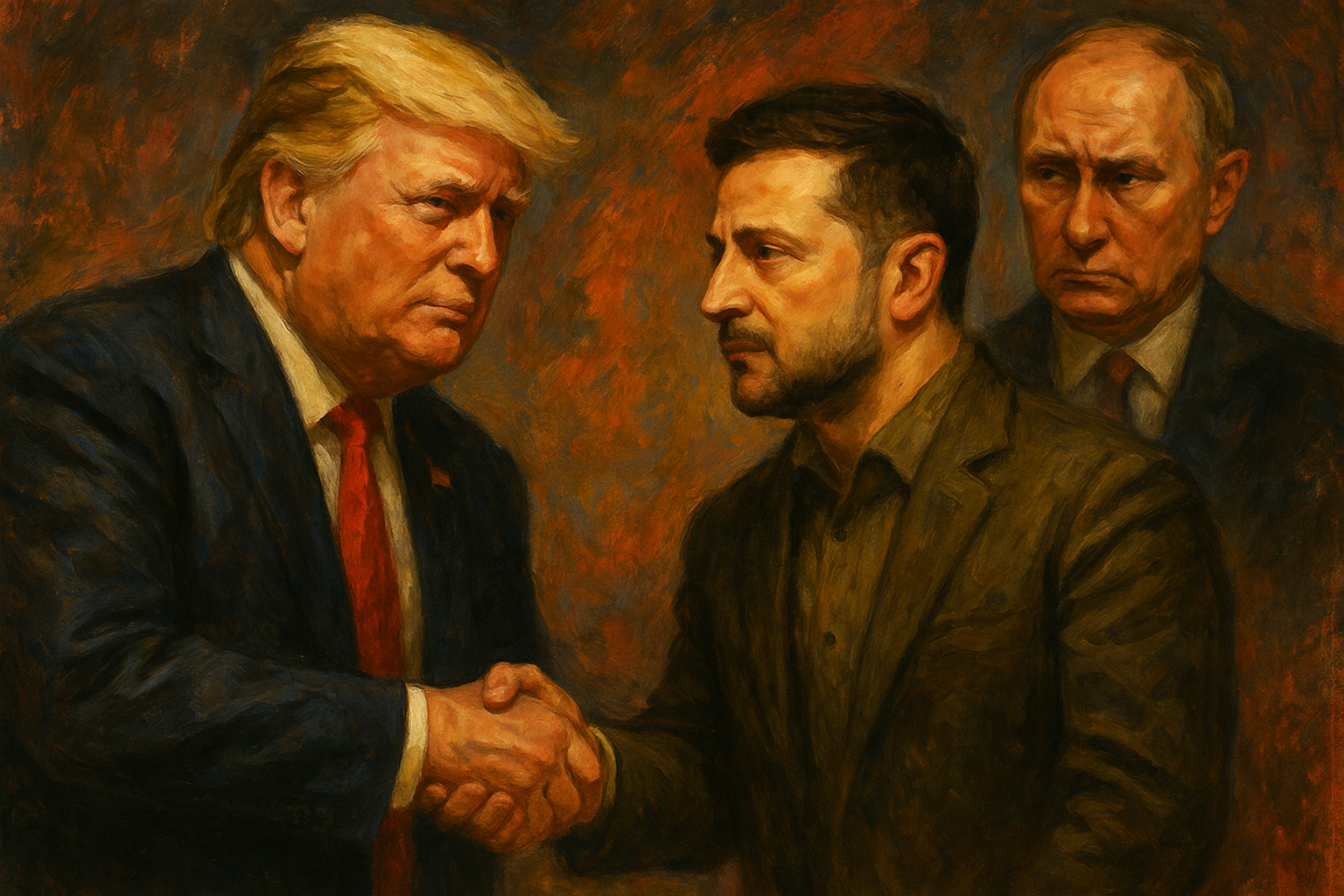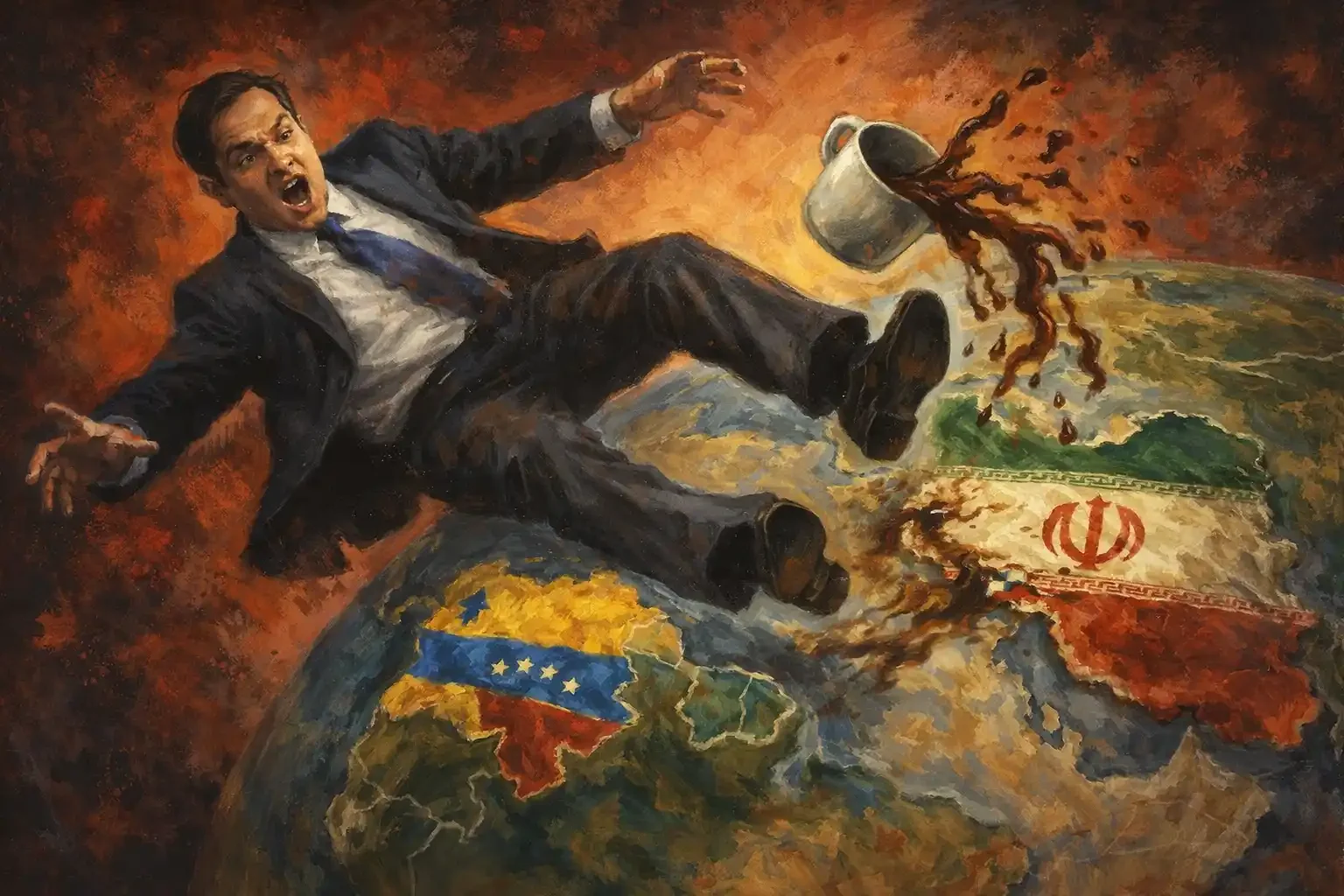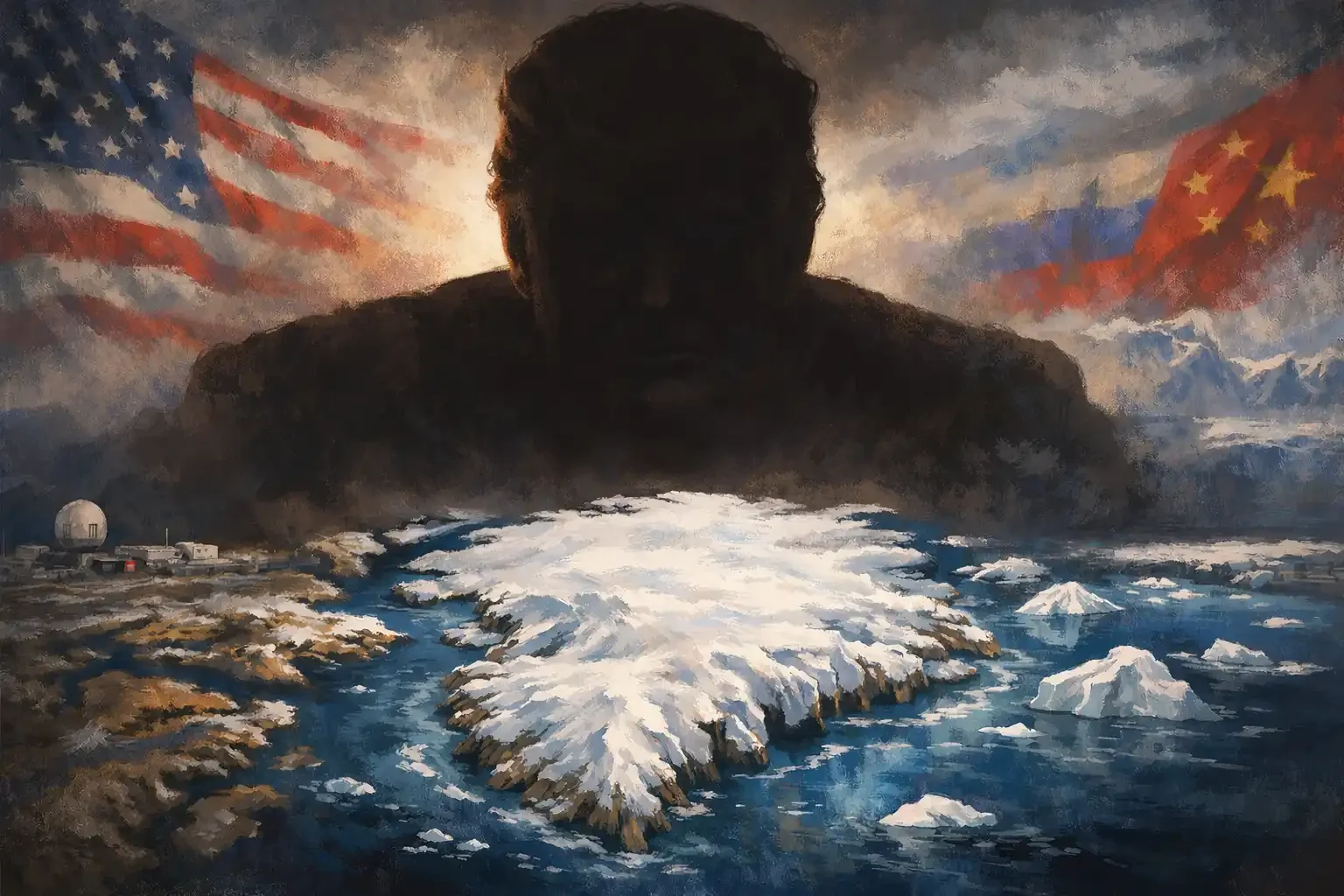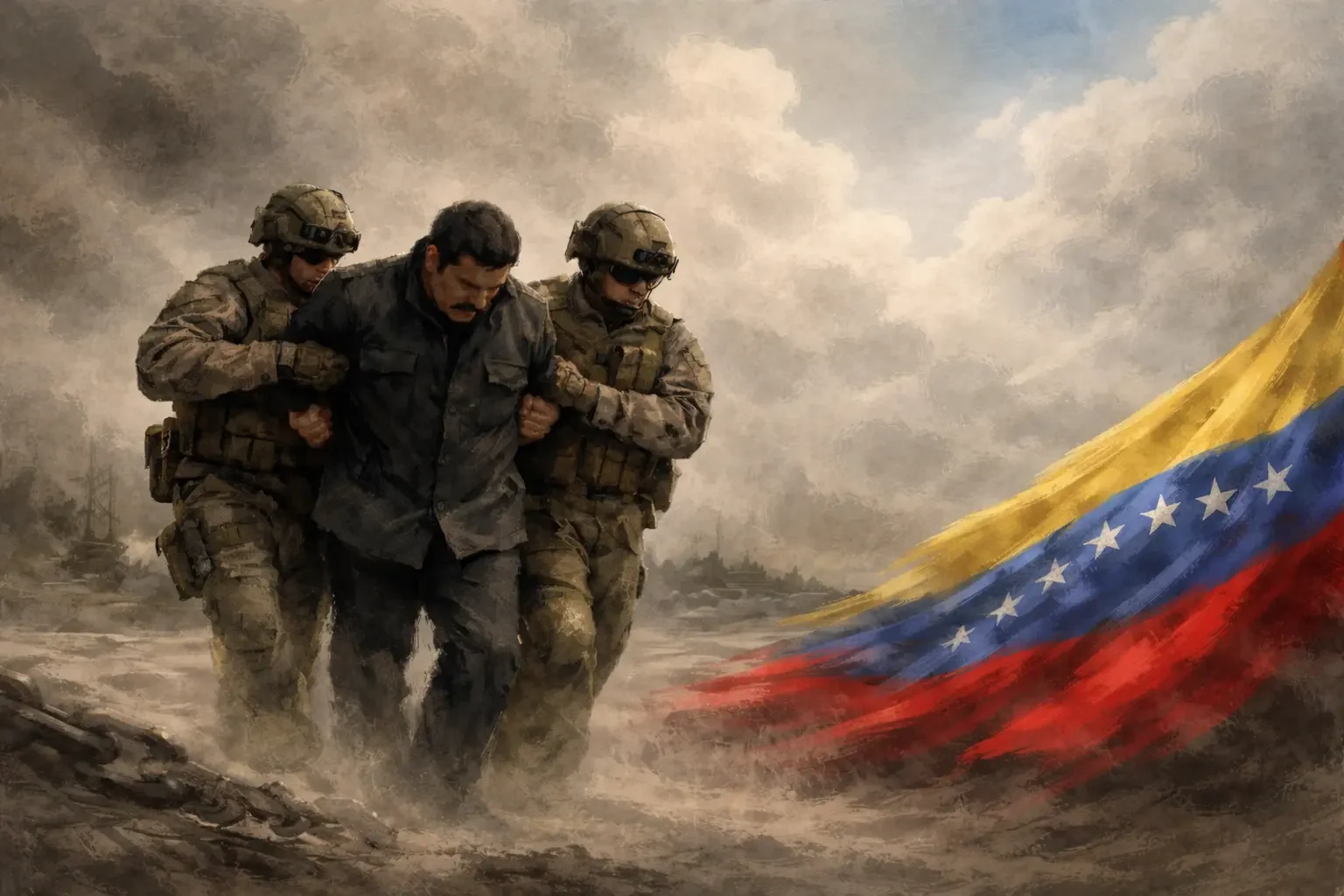Are We Back on Course with Ukraine?
Has Trump’s flip-flopping nature finally flipped the right way at last? Could it be that, after wasting 9 months on isolationist utopia, the US president is finally seeing the optimism that could change the course of the Russian-Ukrainian War? Could it at last be the case that the US will start living up to her destiny again?
The Trump’s declaration on the social media platform Truth Social concerning the war in Eastern Europe is encouraging, and especially for those of us who were hurt by the US’ appalling stance earlier this year. The America First stance that was Trump’s flagship coming into his second presidency, while understandable from the point of view of many ordinary Americans, was always set to have disastrous consequences for the rest of us who have (though partially through lack of choice) chosen to believe in America as the leader of the free world. Democracy as a global movement had already been on a significant slide when Trump seemingly put the final nail in its coffin.
Since then, Trump has focused on creating unjust peaces over prolonging just (and unjust) wars. Though ending the war in Ukraine has been a media priority, other smaller conflicts have also been ended through the White House’s brokerage, and some exonerating the aggressive party. The obvious example would be the “peace agreement” between Armenia and Azerbaijan, two years after the latter ethnically cleansed the Nagorno-Karabakh region back in September 2023. Taking advantage of Yerevan’s new distrust of Russian allyship, Azeri dictator president Aliyev has managed to skillfully avoid being pursued for war crimes and crimes against humanity, and instead managed to secure a diplomatic win for both himself and Turkey.
Trump’s willingness to negotiate agreements with aggressors and dictators has also made the Taiwanese more anxious as to whether they can count on US support in the light of increasing Chinese brinkmanship. The US’ traditional strategic ambiguity over the small Asian democracy’s defense has usually been a tactic directed at China, but the America First doctrine has cast doubts in the minds of many Taiwanese as to whether they are also being kept in the dark over what the US would do in the event of a full-scale invasion; small slithers of democratic expression in the world will now have to rely solely on themselves.
However, the last few months have seen the recrudescent American isolationism being challenged by its most formidable opponent: geopolitical reality. American involvement in the short-lived Israeli-Iran war in July and the realization that Russia doesn’t want peace as much as Trump initially thought has caused a well-needed reality check for the current US administration. Trump is becoming increasingly aware that, while he might prefer to deal with dictators such as Xi or Putin because of their apparent permanence and reliability, they often have unexplainable obsessions that they can’t let go of, that unnecessarily weaken themselves and their countries. These obsessions, like China’s over Taiwan or Russia’s over Ukraine, confuse the deal-oriented Trump to the point of frustration.
For many of us on the more “hawkish” side, the victory of Ukraine over Russia is essential. Not only would it mean the triumph of a smaller people over an imperialistic aggressor, but it would also represent a watershed moment for the Russian people. Weakened and defeated by its neighbor, tired of being made into a pariah by the Putinist regime, pro-democracy Russians might, with Western help, be able to overthrow the dictatorship and bring about a third opportunity for the Russian people to establish a parliamentary republic. It would also remove a key disruptor to peace in Europe as well as weaken China in a geopolitical win for the United States and her allies.
This position is complicated purely by Russia’s possession of nuclear weapons, that has meant that NATO can only help the Ukrainians from a distance, regrettably necessitating that they bear the brunt of the human toll. But, however pragmatically, Ukrainian victory must be achieved, whereas capitulation, such as the cession of territory, cannot be an option. It is my opinion that the only concession that Ukraine should make in regards to territory is offering an internationally observed referendum in Crimea after a decisive victory. This position has more recently been frustrated enormously by the Trump administration’s appeasement of the revanchist regime in Moscow, and left many of us in despair at the eventual result of the war.
However, Russia’s recent repeated violations of Polish, Romanian, and Estonian airspace to goad NATO into starting a nuclear war have gotten on Trump’s nerves. Clearly as a response to European promise to send troops to secure the postwar Ukraine, the Russians have taken the provocation up a notch. The reaction from the US president has been out of frustration with Moscow dragging its feet (deliberately) over a peace settlement and Trump is possibly starting to feel a bit of fool because of Putin’s unhelpfulness. Indeed, after having rolled out the red carpet for him in Alaska, Trump’s personal hurt to his ego might just be the boon that we’ve been waiting for in this 180° turn on the issue.
Being brow-beaten by reality has been a welcome evolution that the president has allowed himself to undergo. Though his second term started with betraying the free world, perhaps more encounters with dictators and their bizzare fixations beyond all reasonability will move the president back to a foreign policy that is more like (but better) than in his original term. The work that the US put into forming the Democratic 10 alliance of democracies to counter China needs to be resuscitated, as well as renewing a hardline stance against tyrants, would actually merit the Nobel Peace prize that Trump covets, rather than just superficially creating unreliable “peaces”.
So, though we all know that this president is a flip-flopper on many issues, would it be too much to suggest that, not even 1 year in, more progress in his foreign policy is possible?





